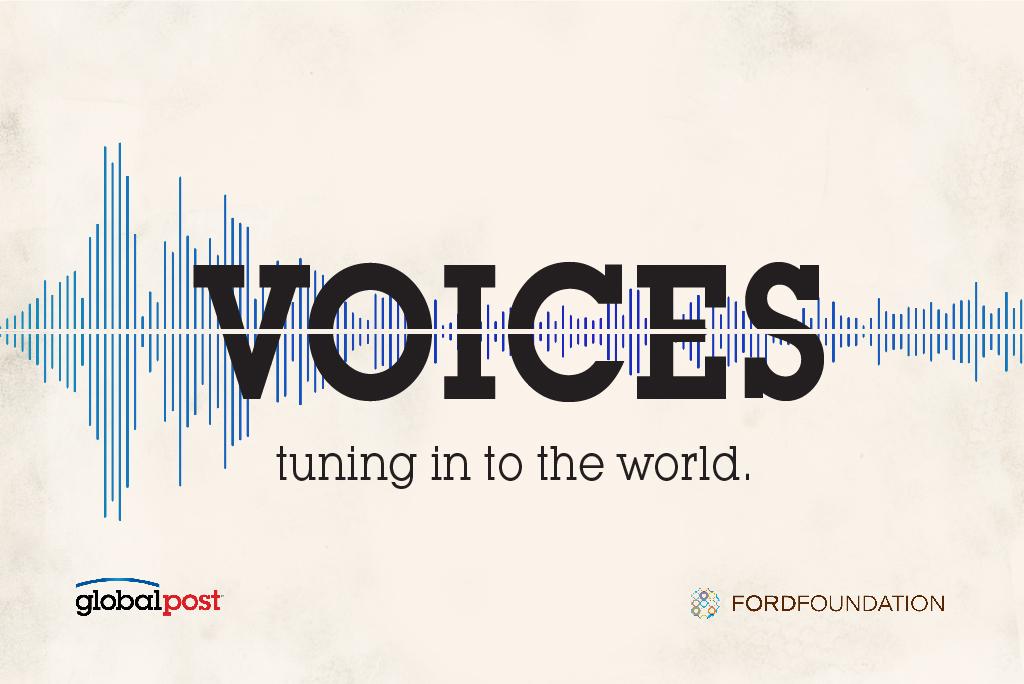International Nurses Day: A time to call for medical neutrality
MANAMA, Bahrain — In February of 2011, when the Bahraini government violently cracked down on peaceful pro-reform protesters in Pearl Roundabout, I immediately knew what I had to do.
As a nurse who had spent 18 years training and working in the United States, I decided to go and assist in the emergency room at Salmaniya Medical Complex, the main public hospital, which was flooded by injured protesters hurt by government forces during the demonstrations. Although, at the time, I was an assistant professor and head of an emergency nursing program, president of the Bahrain Nursing Society and not a staff member at Salmaniya, I saw that the doctors needed all the help they could get.
Many of my colleagues and I could not have known that our decision to uphold our medical duty would place us in danger. Several weeks later, I was blindfolded and handcuffed upon entering a government building. During the nightmare days of my five months of detention I was beaten, shocked with stun guns, sexually harassed and threatened with rape.
I was one of 20 medics who were convicted in a sham military trial on trumped-up political charges. While I was eventually acquitted, nine of my medic colleagues were sentenced to prison sentences ranging from one month to five years. Some of them are still serving their sentences today.
Ibrahim al Demistani, General secretary of the Bahraini Nursing Society is serving a three-year sentence for charges of attempting to overthrow the government and taking part in illegal gatherings.
Dr. Ali Al Ekri, a pediatric orthopedic surgeon who was arrested by security forces from the operating theater while treating a teenage boy, is currently serving out his five-year sentence.
Since the uprisings began in 2011, Bahraini forces have detained dozens of medics. International rights organizations like Human Rights First have documented these abuses and the US government's muted criticism of its ally: the Bahrain regime.
But the problems go beyond Bahrain.
In Turkey, five doctors and three nurses had reportedly “gone missing” in 2013 after treating protesters. And during the Gezi protests, police and other law enforcement officials attacked clearly identifiable, independent medical personnel and facilities with tear gas, water cannons and rubber bullets.
Egypt is guilty of targeting medics as well. In 2011, health workers came under fire for treating wounded anti-government demonstrators. The volunteer doctors, nurses, medical students, pharmacists and other health professionals who established makeshift clinics to assist the injured from both sides became direct targets of Egyptian security forces. In October of 2013, 13 Syrian medical professionals, including doctors and nurses, operating in a clinic in Egypt were arrested and the facility shut down for allegedly operating without the required license.
Earlier this year in Syria, five staffers with Doctors Without Borders were taken into custody for questioning, possibly by opposition forces.
In 2011, medical professionals were targets of deliberate attacks in Libya, at the hands of pro-Gaddafi security forces. And medics have been targeted in Yemen as well — in December 2013, 52 doctors and nurses were killed in a suicide bombing attack on the Ministry of Defense.
Today, May 12, we celebrate International Nurses Day, marking the anniversary of the birth of the pioneer of modern nursing, Florence Nightingale. Each year on this day, the International Council of Nurses (ICN) promotes quality nursing care for all and sound health policies globally.
While the ICN has made contributions to protecting nurses’ needs, they have yet to address the worrying and growing pattern of oppressive governments targeting nurses and other medical personnel. During the last three years, powerful states have arrested, tried and tortured nurses, doctors and medics in an attempt to silence calls for reform.
The theme for this year’s International Nurses Day, “Nurses: a Force for Change,” reminds us that despite the global developments to protect medics’ work around the world, nurses and medical professionals often face great challenges and become targets themselves in times of conflict and crisis.
It is time that the ICN, the world’s health organizations and international governments adopt and implement protections for all medics — demanding medical neutrality bylaws and amendments to the Geneva Convention of 1948 to protect all hospital workers and medical providers.
Medical professionals targeted and imprisoned for their profession must be released. Nursing, health, medical and human rights advocates should celebrate International Nurses Day by remembering the nurses and medics detained for doing their jobs in the Gulf Countries, Turkey and around the world.
Rula al Saffar is head of the Bahrain Nurses Association. She worked and trained as a nurse in the United States for 18 years. In 2011 she was arrested, tortured and convicted by a military court in Bahrain after treating injured protestors and sentenced to 15 years in jail. She was acquitted on appeal in 2012.
—
![]()
This piece is part of a GlobalPost Special Reports/Commentary initiative supported by the Ford Foundation called "VOICES." The mission of VOICES is to present the ideas and opinions of those who are less frequently heard in the media, including women, people of color, sexual minorities, citizens of the developing world and young people. These voices will consistently discuss topics important to GlobalPost Special Reports including human rights, religious issues, global health, economic inequality and democracies in transition.
Every day, reporters and producers at The World are hard at work bringing you human-centered news from across the globe. But we can’t do it without you. We need your support to ensure we can continue this work for another year.
Make a gift today, and you’ll help us unlock a matching gift of $67,000!
